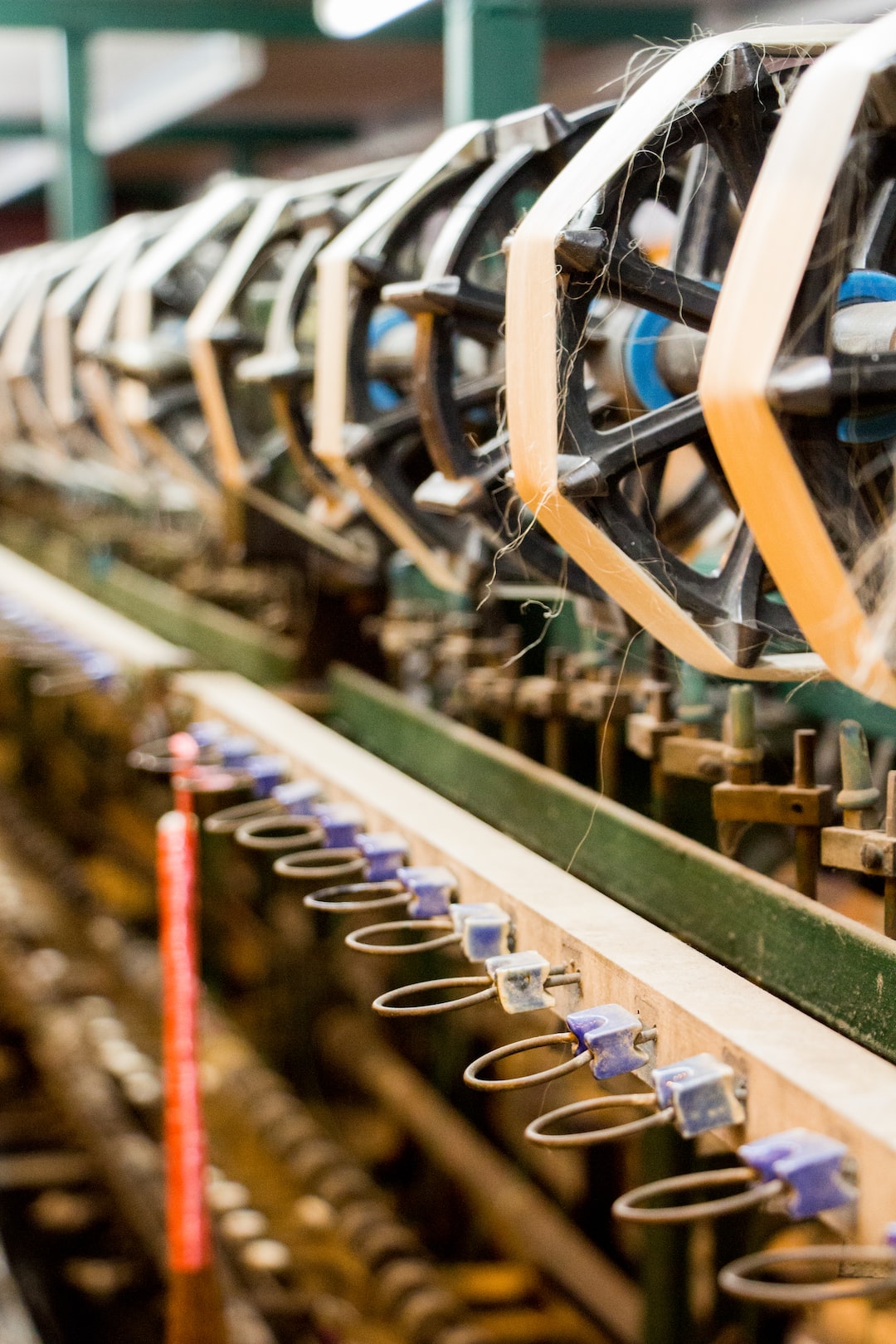The Impact of Advanced Materials on Manufacturing Processes
In recent years, the manufacturing industry has witnessed a tremendous transformation due to the emergence and use of advanced materials. These materials have revolutionized manufacturing processes by providing enhanced properties and capabilities that were previously unattainable. From aerospace and automotive industries to electronics and healthcare, the impact of advanced materials on manufacturing processes has been profound and far-reaching. In this blog post, we will explore some of the key advancements in materials science and how they have shaped modern manufacturing.
One of the primary drivers of advanced materials in manufacturing processes is the quest for lightweight yet strong materials. Traditional manufacturing materials like steel and aluminum have long been used due to their strength and durability. However, they are also heavy, which limits their use in industries that require lightweight components. With the advent of advanced materials like carbon fiber composites and polymers, manufacturers now have access to lightweight materials that are equally strong, if not stronger, than their counterparts. These materials have become indispensable in industries such as aerospace and automotive, where weight reduction is crucial for achieving fuel efficiency and improving overall performance.
Another significant impact of advanced materials on manufacturing processes is their ability to withstand extreme conditions. Industries such as energy and defense require materials that can function reliably in environments with high temperature, pressure, or corrosive elements. Advanced materials like superalloys, ceramics, and high-performance polymers have enabled manufacturers to create products that can withstand these harsh conditions. For instance, in the aerospace industry, turbine blades made from superalloys are used to ensure engine performance and longevity in extreme temperatures and pressures.
Furthermore, advanced materials have also played a pivotal role in enhancing the energy efficiency of manufacturing processes. As sustainability becomes increasingly important, manufacturers are looking for ways to minimize energy consumption and reduce their carbon footprint. Advanced materials like smart coatings and nanomaterials enable manufacturers to develop energy-efficient solutions. For example, smart coatings applied to windows can control the amount of heat and light that enters a building, reducing the need for air conditioning and lighting. Similarly, nanomaterials used in solar panels can improve energy conversion efficiency, making renewable energy more viable in the mass market.
The impact of advanced materials on manufacturing processes is not limited to physical properties alone. These materials have also introduced advancements in the field of electronics and computing. The semiconductor industry heavily relies on advanced materials to fabricate smaller, faster, and more efficient microchips. Silicon, traditionally used in semiconductor manufacturing, is gradually being replaced by advanced materials like gallium nitride and graphene, which offer superior electrical properties. These materials have enabled the development of lightweight and flexible electronic devices, as well as high-power devices for applications like electric vehicles and renewable energy systems.
Moreover, advancements in materials science have also paved the way for significant breakthroughs in the healthcare industry. Advanced materials, particularly biocompatible polymers, ceramics, and bioactive metals, have revolutionized medical device manufacturing. These materials have enabled the development of implants, prosthetics, and drug delivery systems that are compatible with the human body. For instance, titanium alloys are now widely used in orthopedic implants due to their excellent biocompatibility and mechanical properties. Biodegradable polymers are also being used to create temporary scaffolds for tissue engineering, facilitating the regeneration of damaged tissues and organs.
In conclusion, advanced materials have had a profound impact on manufacturing processes across various industries. From providing lightweight yet strong alternatives to traditional materials to enabling the development of energy-efficient solutions, these materials have revolutionized the way products are designed and manufactured. Furthermore, their contributions to the fields of electronics and healthcare have expanded the realm of possibilities in these sectors. As materials science continues to advance, we can expect further innovation and integration of advanced materials into manufacturing processes, driving advancements in technology and positively impacting our lives.

